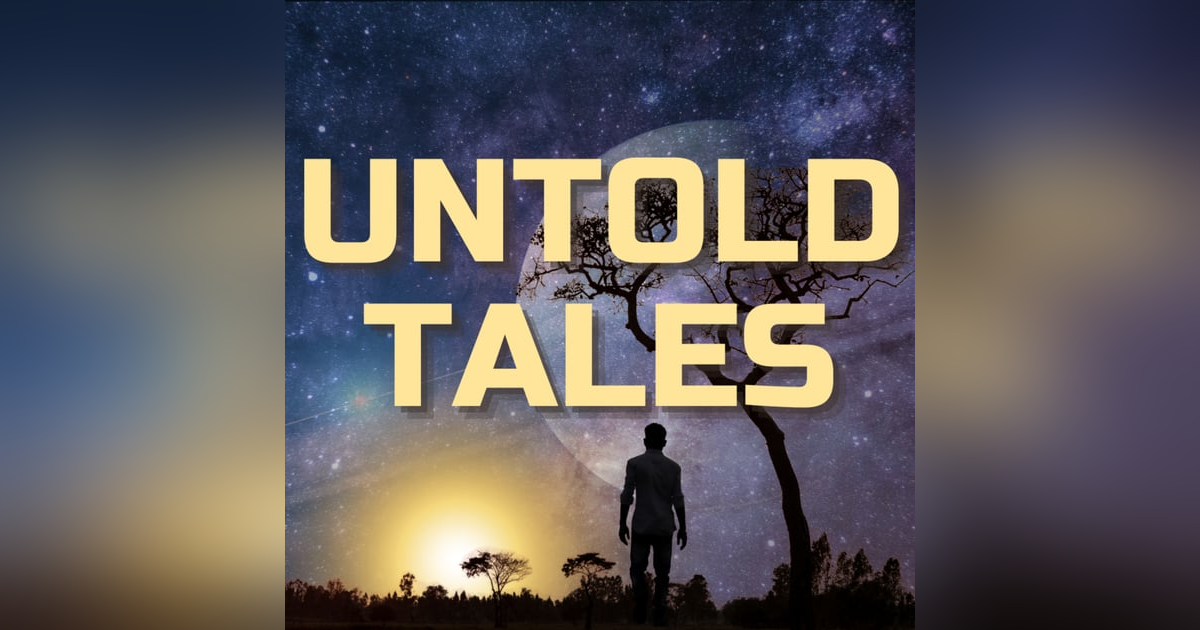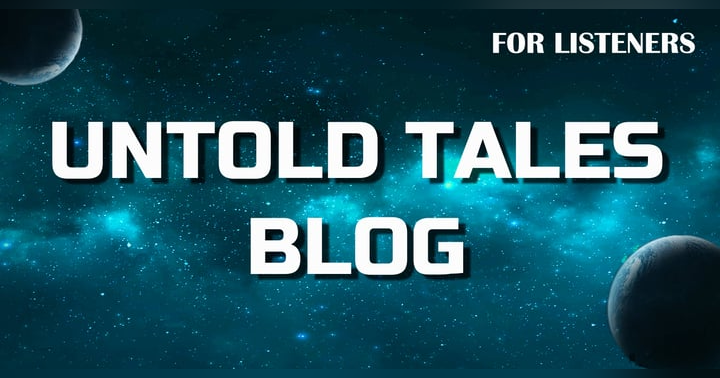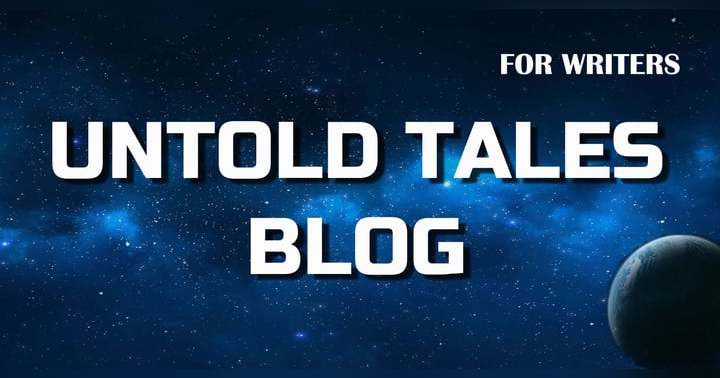Three Types of Writers

There are three primary types of writers and they reflect three sets of skills that they must all master.
The first kind of writer is one who has mastered description. These are the authors who can describe a scene so thoroughly and so completely that you can see it and even feel it for yourself. These are the authors who have mastered the use of metaphor and whose prose almost reads like poetry. These are stories so rich and thick with illustrative exposition that you almost feel like you are in the story itself.
Such stories are immersive in that the reader can see, hear and feel the world that he has entered.
This is what most new writers often strive to become.
However, this is not sufficient. There is another kind of writer... one who specializes in characters.
Despite how beautiful, intricate, or detailed a scene might be, a story needs to be more than just pretty pictures or images. Ultimately each story is carried by the characters that are in it.
Some authors have mastered their ability to create individuals that are so realistic you would swear they were based on real people. These characters defy stereotypes. In just a few sentences, such writers can summon beings that are so detailed and nuanced that you are convinced they are drawn from real life.
These are characters that you can identify with and that you care about. Each is special and, despite their faults, they seem authentic and believable. This is the type of story element that keeps you reading because you need to find out what happens to these people.
But that leads us to the third type of writer, those who are experts at developing plot.
Even if you have great descriptive skills and rich believable characters, you will not be able to retain readers for very long if nothing interesting happens. Ultimately, you need the characters to do something or have something occur that affects them.
Good plots are consistent, detailed, and believable (or at least moderately believable). Plots can be multi-threaded, weaving different storylines together into an intricate tapestry. They can be unpredictable and non-linear with twists and turns that surprise and enthrall the audience. A good plot can introduce and maintain suspense, mystery, and tension, which enable the characters to act and interact with the world around them.
Successful writers must master all three of these elements.
Without adequate description, even a great story idea will typically be dull and plain. It is the details of descriptions that trigger the imaginations of readers and lead them into the tale.
Without interesting and believable characters, the best plot and illustrative prose will be inadequate to hold a reader’s interest. If they don’t really care about your character, they won’t care about the beautiful setting or the intricate plot that the author describes.
Finally, without a sound plot, the characters in tales may wander aimlessly and many authors get lost in their characters, often letting them determine the direction of the story as it evolves. Unfortunately, sometimes nothing significant occurs that makes the story worth the time that readers have to invest to finish it.
All three elements are essential for a story to work. But writers have different strengths.
Personally, my forte is ‘plot’. I map out my stories and novels even before I start writing. I know from the beginning how the story will end and I identify a few key scenes that I want to insert along the way. Then, after plotting and outlining, I start writing and then... I discover the middle... as I create characters and settings that will achieve those ends.
One of my best friends and an incredible collaborator is a master of characterization. I envy the characters that he creates and I have to work extra hard to add more depth to mine so that they can even approach the authenticity and quality of his own creations. Unfortunately, his characters have a tendency to dominate his writing and his people often take control of his books. Sometimes they even get lost and it becomes unclear where the story is going to go.
Then I know other writers whose prose is so beautiful to read that, for a moment, I am lost in the imagery that is conjured and forget about plot and characters completely. I marvel and their insight and the miracle of perception that makes me see things in ways that I never noticed before. Unfortunately, that sense of wonder doesn’t endure, if the characters and plot are not sufficient to carry the tale forward.
All three aspects of a tale need to be present and need to be handled adequately. Good writers know their own strengths and weakness and often spend most of their time on their weaknesses, filling in details of description, characterization, or plot as needed.
Writing isn’t easy. It is a juggling act, a set of skills that is mastered only by endless repetition and effort.
We may be masochists, but we love the art and strive to overcome our own shortcomings along the way. That’s what storytellers do.









